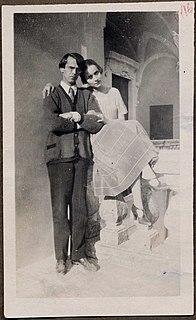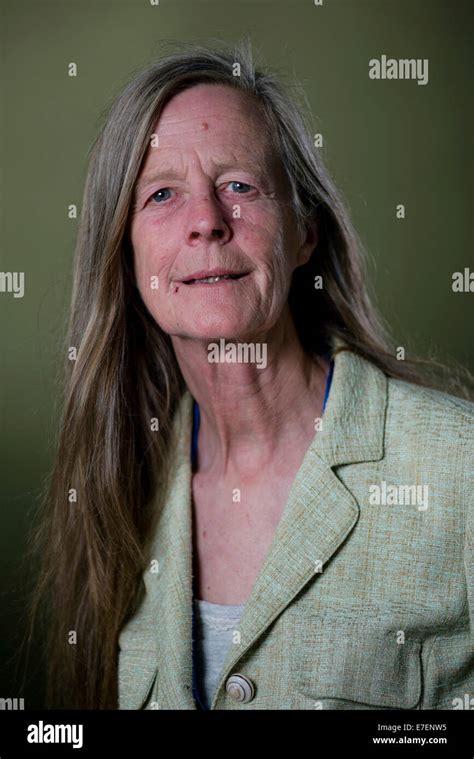A Quote by Elizabeth Esty
We want to take the energy surrounding the Sandy Hook anniversary that might otherwise be consumed by grief or anger - or this week in San Bernardino by fear - and channel some of that to honor our common humanity and love each other.
Related Quotes
When we are angry, our anger is our very self. To suppress or chase away our anger is to suppress or chase away ourselves. When anger is born, we can be aware that anger is an energy in us, and we can change that energy into another kind of energy. If we want to transform it, first we have to know how to accept it.
Another misconception is that if we truly loved someone, we will never finish with our grief, as if continued sorrow is a testimonial to our love. But true love does not need grief to support its truth. Love can last in a healthy and meaningful way, once our grief is dispelled. We can honor our dead more by the quality of our continued living than by our constantly remembering the past.
Our experience of love is more of a measure of whether we're connected with the universal source of this energy. In other words, there's some life energy that we have and sort of share with people we might be relating to that takes place, that operates whether we're sort of feeling in a state of love or not. But love is the measure of whether we're really connected with the internal source of this energy where we can consciously sort of fill up and amplify the amount of energy that we're able to take in from the inside.
When poets die, other poets take it personally, almost as an affront. A lot of us "left behind" are thinking that poetry is the one thing keeping us alive and present, so what does it mean when one of our ranks chooses to end his or her life? There's an anger beneath the grief, you know? That anger and grief, in turn, breeds other poems from those of us left behind.
[On Paris:] It exists, constant, eternal, surrounding us who live in it, and it is in us. We love it or hate it, but we cannot escape it. It is a circle of associations in which man exists, being himself a circle of associations. Having entered it and come out of it we are not what we were before knowing it: it devoured us, we devoured it, and the problem is not did we or didn't we want it. We consumed each other. It courses in our blood.
If each of us can learn to relate to each other more out of compassion, with a sense of connection to each other and a deep recognition of our common humanity, and more important, to teach this to our children, I believe that this can go a long way in reducing many of the conflicts and problems that we see today.
Confronting our feelings and giving them appropriate expression always takes strength, not weakness. It takes strength to acknowledge our anger, and sometimes more strength yet to curb the aggressive urges anger may bring and to channel them into nonviolent outlets. It takes strength to face our sadness and to grieve and to let our grief and our anger flow in tears when they need to. It takes strength to talk about our feelings and to reach out for help and comfort when we need it.
San Bernardino involved two killers were actually radicalized before they started courting or dating each other online, and online as late as - as early as the end of 2013, they were talking to each other about jihad and martyrdom before they became engaged and then married and lived together in the United States.
































